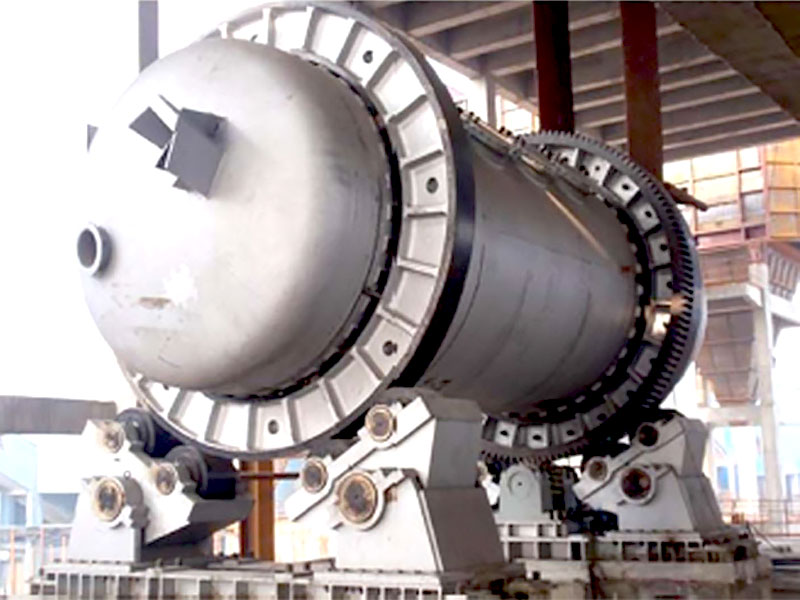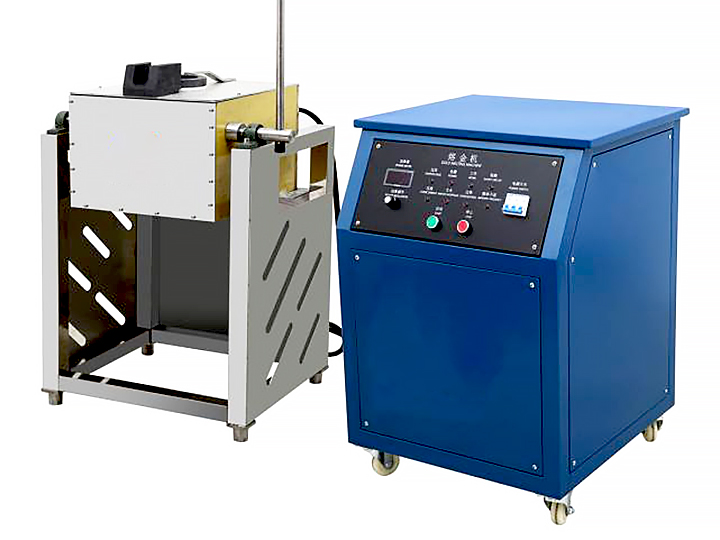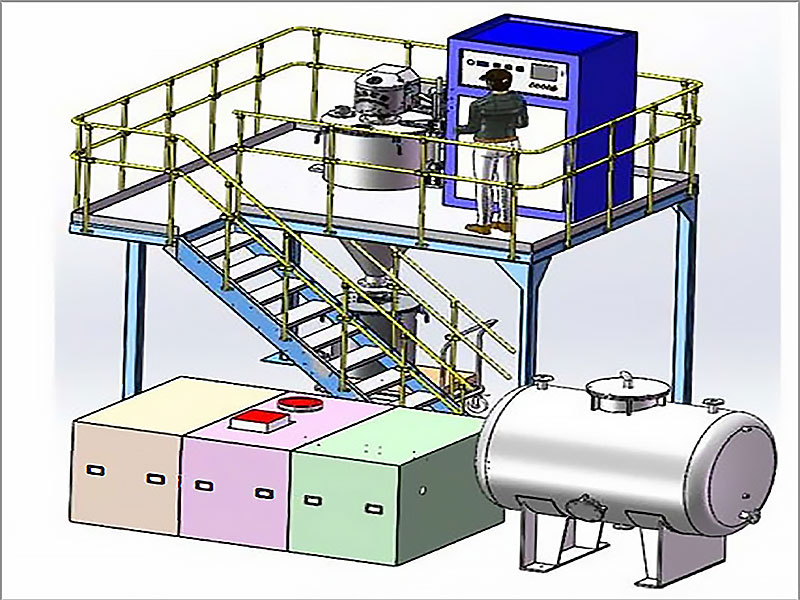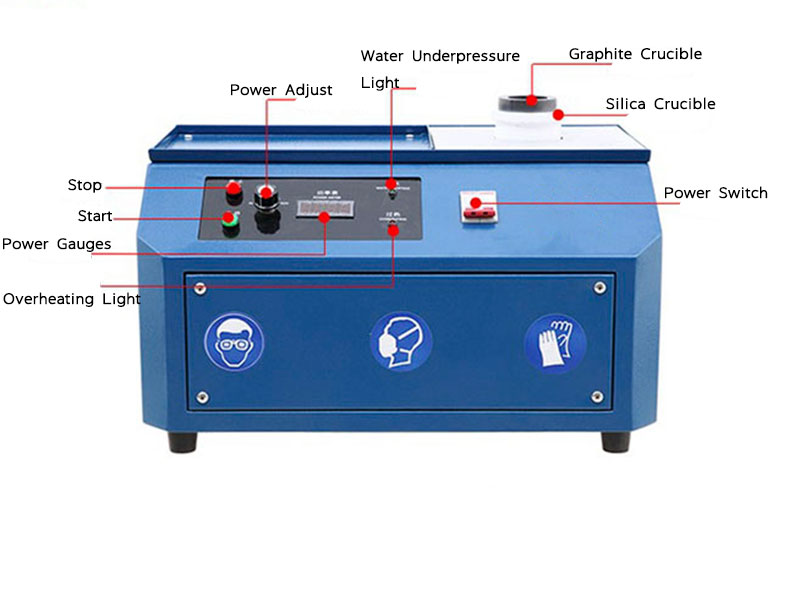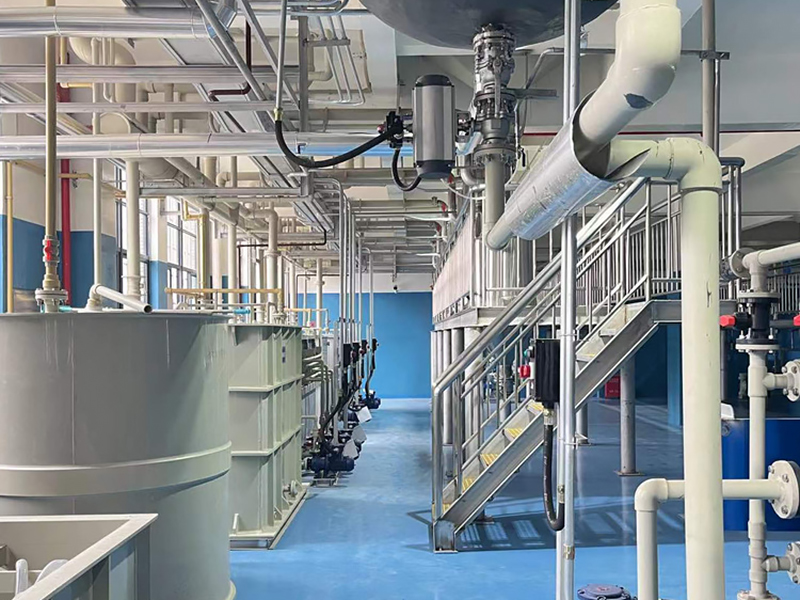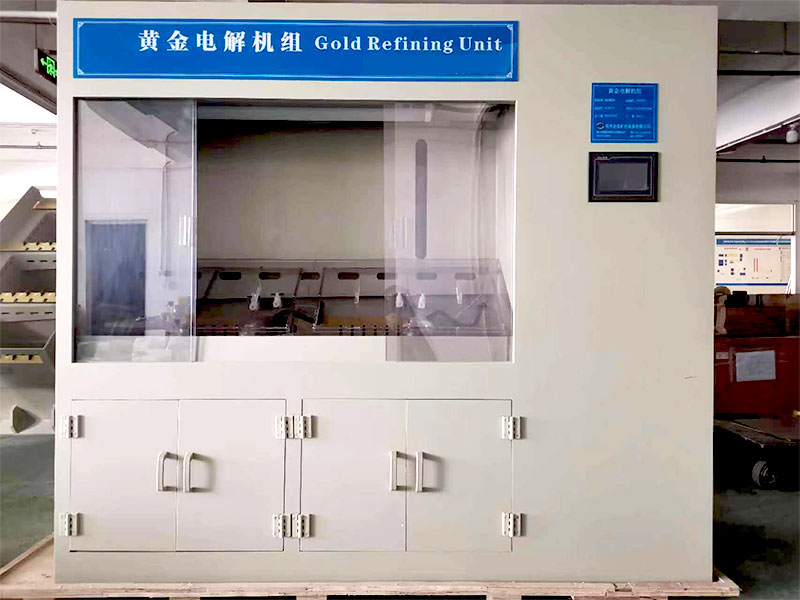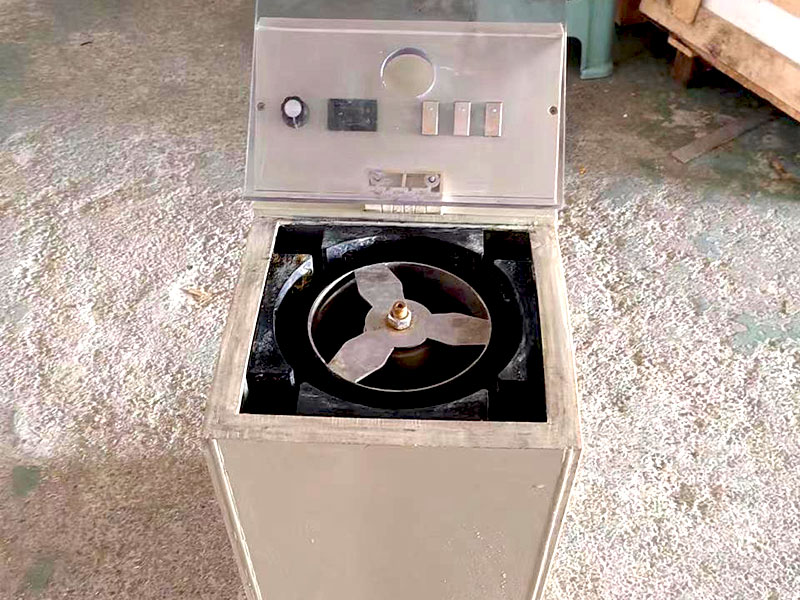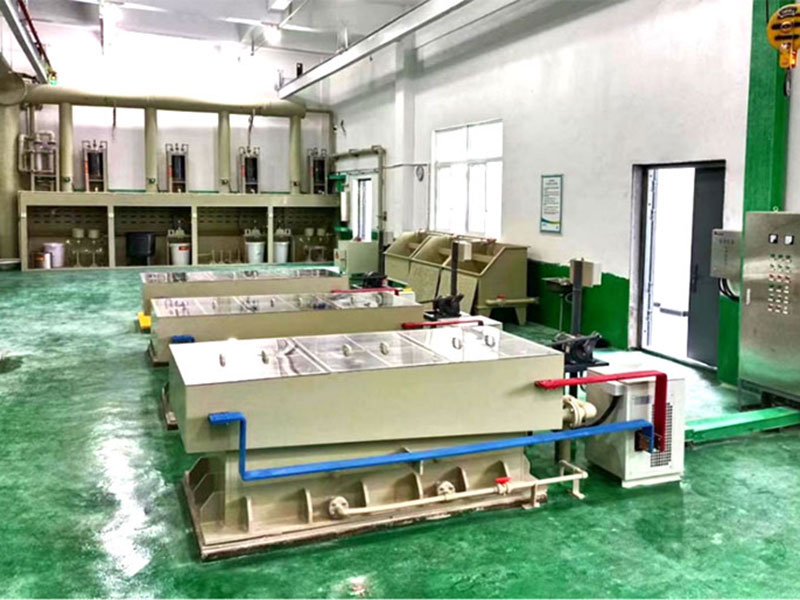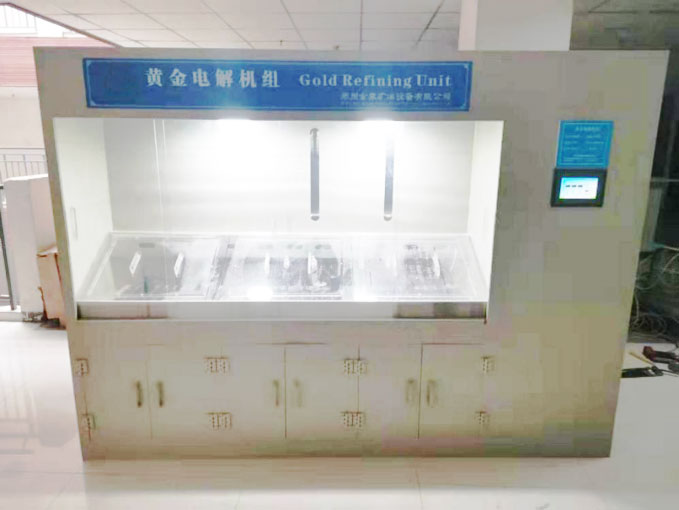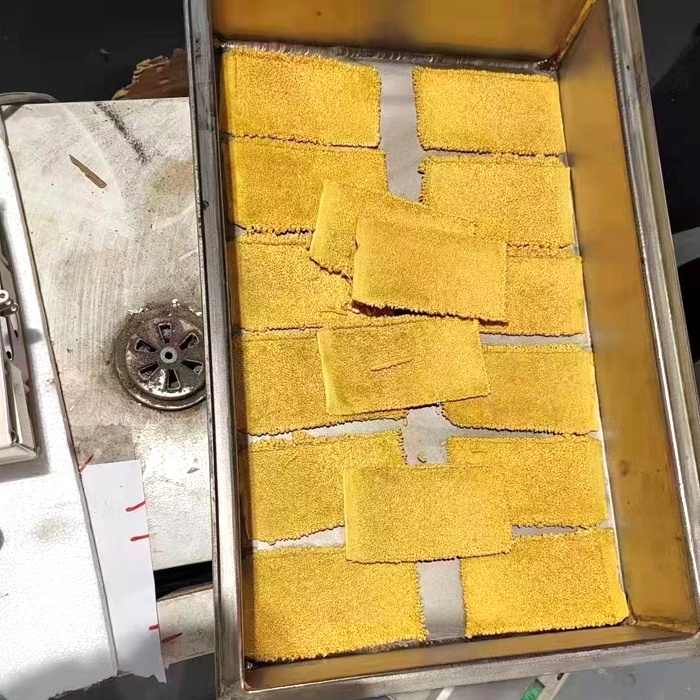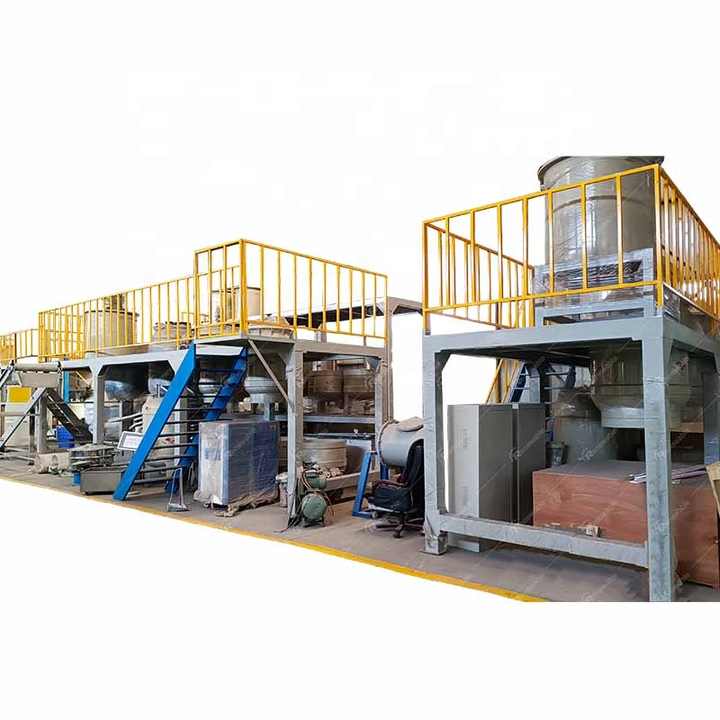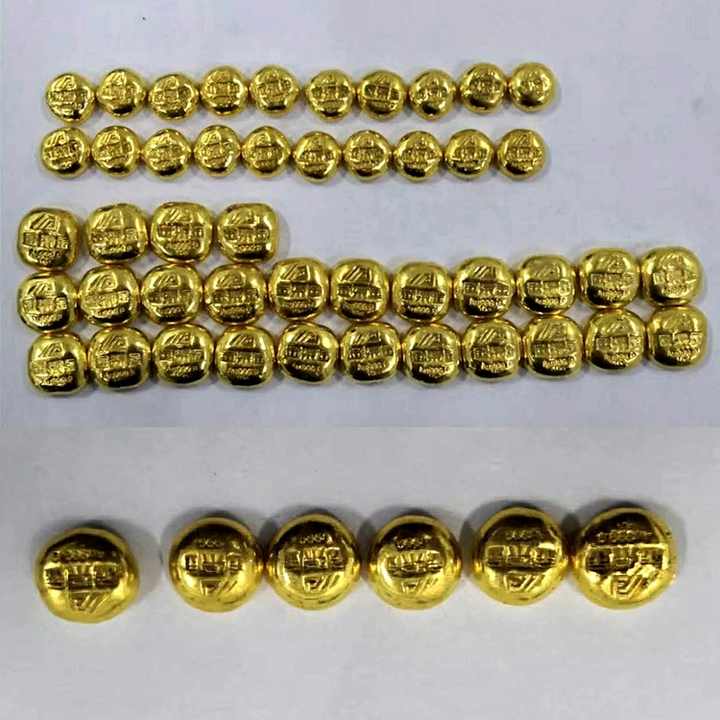gold refining in south africa
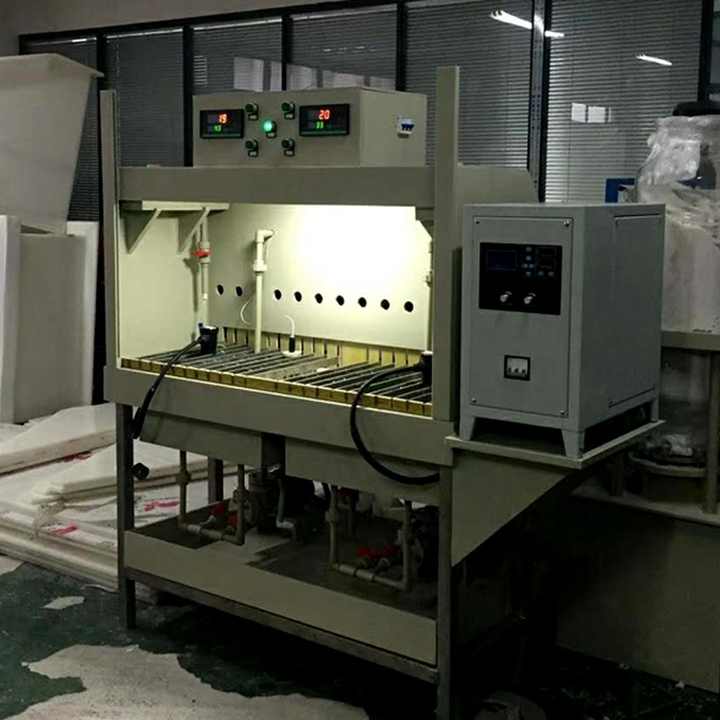
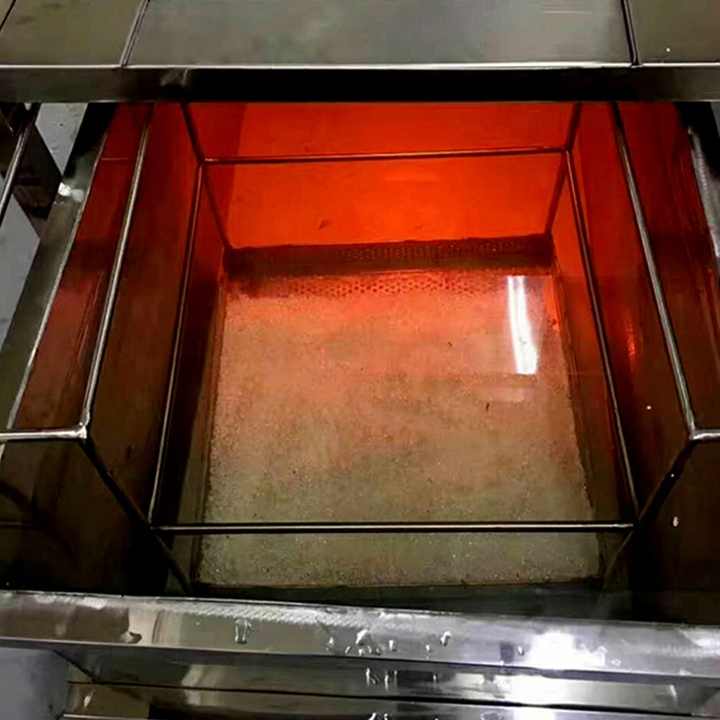
Gold Refining in South Africa
South Africa has long been associated with gold mining and refining. With one of the largest gold reserves in the world, the country has played a key role in the global gold industry for centuries. Today, gold refining in South Africa remains a vital part of the country’s economy, providing employment, boosting exports, and contributing to industrial growth.
A History of Gold Refining in South Africa
The history of gold refining in South Africa can be traced back to the discovery of gold in the Witwatersrand Basin in 1886. This discovery transformed South Africa into a world-leading gold producer, with Johannesburg becoming the heart of the gold mining industry. Refineries were established to process the abundant gold extracted from the mines, ensuring that the raw material could be purified to meet international standards.
South Africa’s gold refining industry was initially dominated by the government, but as the mining sector developed, private companies also started refining operations. Today, the country remains one of the top gold producers globally, and its refining industry plays a critical role in maintaining the high standards of purity that the global market demands.
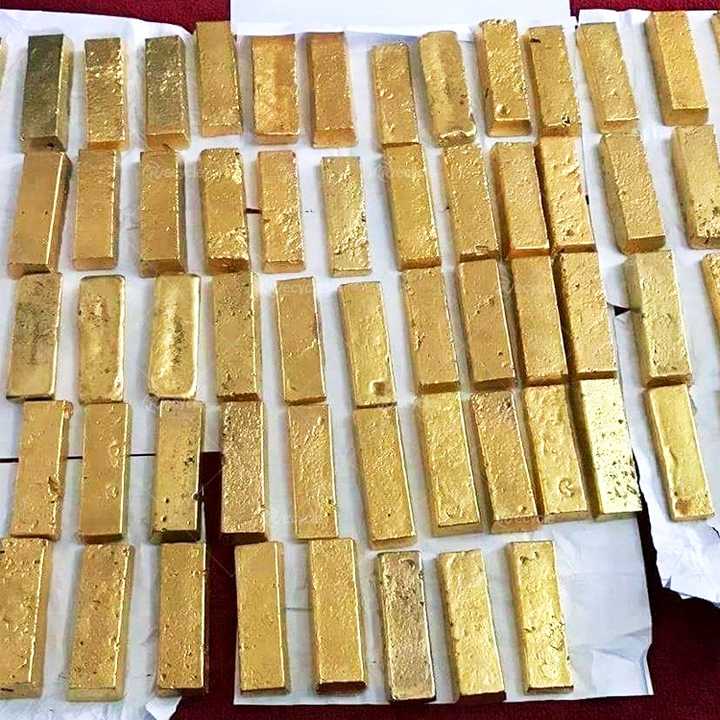
The Refining Process in South Africa
Gold refining in South Africa is a complex process that involves several steps to ensure that the gold reaches the highest level of purity. The most common methods of refining gold include smelting, chemical processes, and electrolytic refining.
In smelting, gold is heated at high temperatures to separate it from other metals and impurities. This method is effective for large quantities of gold but may not achieve the highest purity levels. Chemical refining, often involving aqua regia, dissolves the gold, allowing for the separation of impurities at a molecular level. Electrolytic refining, where gold is dissolved in an electrolyte solution and then deposited as pure gold, is another method widely used in South Africa to produce gold of 99.99% purity or higher.
Major Gold Refineries in South Africa
Several major gold refineries operate in South Africa, each playing a critical role in the country’s refining industry. Among these, Rand Refinery is the largest and most prominent. Established in 1920, Rand Refinery processes nearly all of South Africa’s gold and supplies markets around the world. Its signature gold bars and coins are recognized internationally for their quality and purity.
Rand Refinery’s refining processes are a combination of traditional methods and modern technologies, ensuring that the gold it produces is of the highest possible standard. Other smaller refineries also contribute to gold refining in South Africa, offering specialized services for various gold mining companies and jewelers.
Economic Importance of Gold Refining
Gold refining in South Africa is not just a technical process but also a significant economic activity. The gold industry as a whole, including mining and refining, supports thousands of jobs across the country. The export of refined gold contributes substantially to South Africa’s foreign exchange earnings, and the gold sector continues to be a cornerstone of the national economy.
Furthermore, gold refining also supports related industries such as jewelry manufacturing and industrial applications, including electronics. The country’s high-purity refined gold is essential in these sectors, providing a reliable and valuable resource for both domestic and international markets.
Environmental Considerations
Like many industries, gold refining in South Africa has an environmental impact. The refining process generates waste products, including toxic chemicals, emissions, and slag, which need to be managed responsibly. In recent years, there has been a growing emphasis on sustainable refining practices. Many refineries are investing in cleaner technologies that reduce the environmental footprint of gold refining, ensuring that the industry can continue to thrive without causing harm to the environment.
Sustainable practices in gold refining include recycling chemicals used in the purification process, reducing energy consumption, and managing waste disposal more effectively. These measures are part of a broader trend towards responsible mining and refining practices that align with global environmental standards.
The Future of Gold Refining in South Africa
The future of gold refining in South Africa looks promising, although the industry faces some challenges. The country’s gold reserves are declining, and the cost of mining has increased over time. However, South Africa remains a major player in the global gold market, and its refining industry continues to evolve with technological advancements.
New methods of refining, including more sustainable and energy-efficient processes, are likely to play a crucial role in the future. The country’s refineries are also expanding into other precious metals, such as platinum and silver, diversifying their operations and enhancing their global competitiveness.
Gold refining in South Africa has a long and rich history, rooted in the discovery of gold in the late 19th century. The industry remains a vital part of South Africa’s economy, supporting jobs, exports, and industrial growth. With advanced refining techniques and a commitment to sustainability, South Africa continues to be a leading force in the global gold market, producing some of the highest-purity gold available. The future of the industry looks promising, with technological innovation driving further advancements in refining processes and sustainability.

